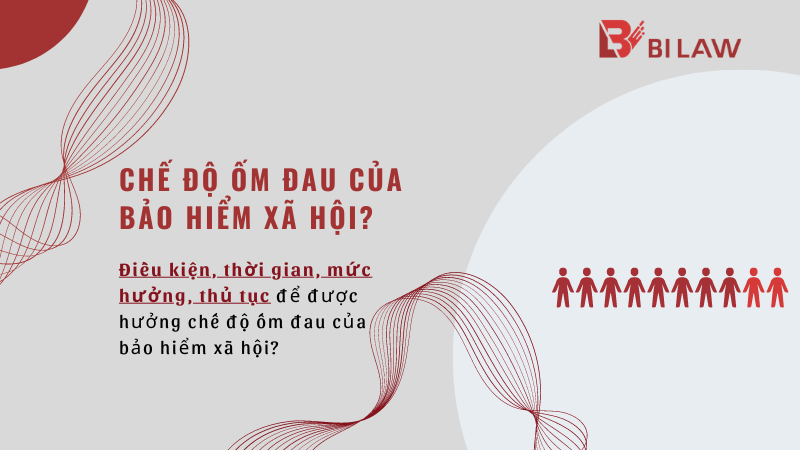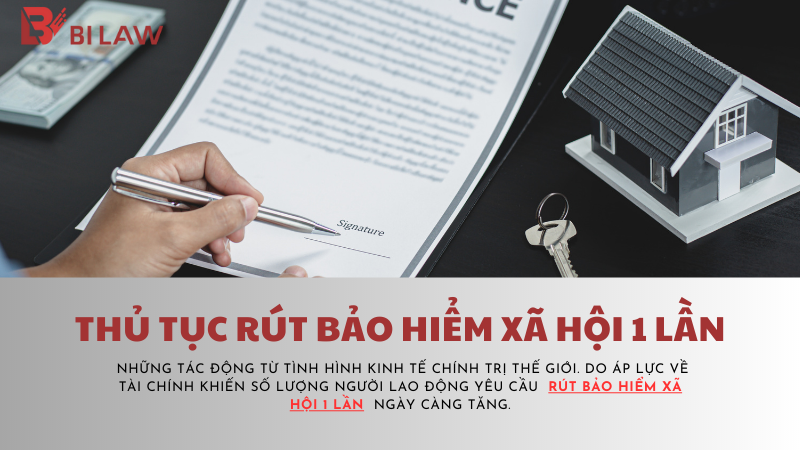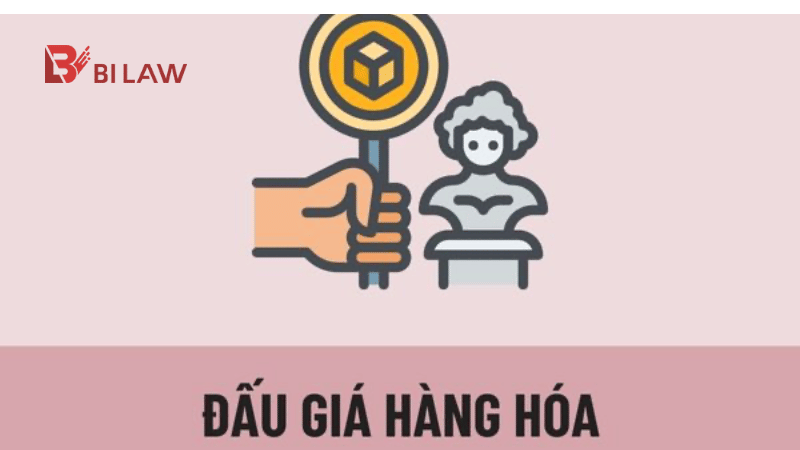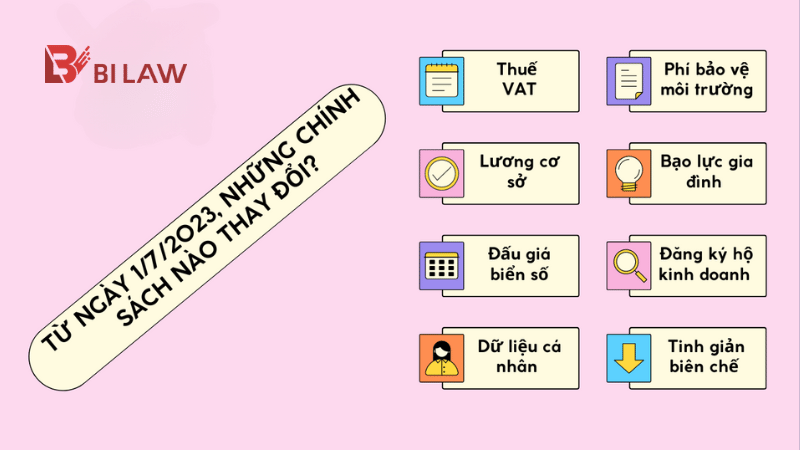Commodity auctions play an important role in determining the true value of goods and creating competition among auction participants. Besides, the goods auction also ensures transparency and fairness for all participating buyers. Auction of goods is a transaction of buying and selling in a special way to bring maximum benefits to the seller. The following, bilaw.vn will present a general overview of goods auction activities in accordance with current regulations.
1. Theoretical basis of commodity auction
1.1 concept
According to Clause 1, Article 185 of the Commercial Law 2005: Goods auction is a commercial activity whereby the seller himself or hires an auctioneer to conduct the public sale of goods in order to select a buyer to pay the price. tallest.
1.2 Features
First, commodity auctions are commercial activities. The essence of this activity is the purchase and sale of goods. The purchase and sale of goods by the parties are all for the purpose of making a profit. The purpose of profit is not simply profit but also economic and social benefits in a positive direction. Therefore, the auction of goods always wants to find certain benefits.
Second, goods auction activities must involve at least one trader. In an auction relationship, the auction organizer must be a trader. Traders include individuals who conduct commerce independently, regularly and have a registered business or legally established organization. If the auctioneer is not a merchant, the auction is not a commercial activity.
Third, the auction of goods has the parallel existence of buying and selling goods and providing services or just buying and selling goods. In the auction of goods, depending on the characteristics of the participants, the nature of the goods will be different. For example, an auction organizer is a trader engaged in the business of providing auction services, providing auction services for goods owners to buyers. In this case, there exist two activities, including: Service provision by traders holding auctions and activities of buying and selling goods between buyers and sellers. In the case of only goods trading, the auction organizer is the goods owner or the person authorized by the goods owner.
2. Some legal regulations in goods auction activities
2.1 Auction Methods
Bidding up method: This is an auction method, whereby the highest bidder compared to the starting price is the person who has the right to buy the goods;
Put-down method: This is an auction method, whereby the first person to immediately accept the starting price or the price that is lower than the reserve price is the person who has the right to buy.
2.2 Subjects of auction activities
- Auction organizer is a trader that has registered to do business in auction services or is his/her own seller in case the seller organizes the auction himself.
- Seller means the owner of goods, the person authorized by the owner of the goods to sell or the person who has the right to sell the goods of another person in accordance with the law.
- Auction operator means an auction organizer or a person authorized by the auction organizer to administer an auction.
- Commodity auction participants are organizations or individuals registering to participate in the auction
Note: Some subjects are not allowed to participate in the auction, such as: People who have no civil act capacity, people who have lost their civil act capacity, and people with restricted civil act capacity as prescribed by the Code. Civilian or person at the time of the auction is not aware of or masters his or her behavior. People who work in a goods auction organization; father, mother, wife, husband, children of those people. Persons who have directly performed the appraisal of auctioned goods; father, mother, wife, husband, children of such person and persons who do not have the right to buy auctioned goods as prescribed by law.
3. Important issues in goods auction activities
- In addition to the obligations agreed upon in the auction service contract, the auction organizer also has obligations in accordance with the law.
- The service contract of goods auction organization must be made in writing or in another form with equivalent legal validity.
- If the auctioned goods are the subject of pledge or mortgage, the auction organization service contract must be agreed upon by the pledgee or mortgagee and the seller must notify the auction participants of the goods being auctioned. goods are being mortgaged, mortgaged
- In a pledge or mortgage contract with an agreement on auction, if the mortgagor or mortgagee is absent without a plausible reason or refuses to enter into a service contract to organize an auction of goods, the Auction organization service is concluded between pledgee or mortgagee and auction organizer.
- The auction organizer may require auction participants to pay a deposit, but not exceeding 2% of the starting price of the goods to be purchased.
- auctions. This amount can be deducted from the purchase price if the auction is completed or returned at the end of the auction.
- During the auction process, if an auction participant withdraws the price paid, he or she may have to compensate for the difference.
- If an auction participant refuses to purchase goods after the auction ends, he/she must obtain the consent of the goods owner, however, he/she must bear all costs related to the organization of the auction.
The above is a general overview of the goods auction activities. Contact Bi Law Firm for more details.


 Tiếng Việt
Tiếng Việt 中文 (中国)
中文 (中国) 日本語
日本語 한국어
한국어









